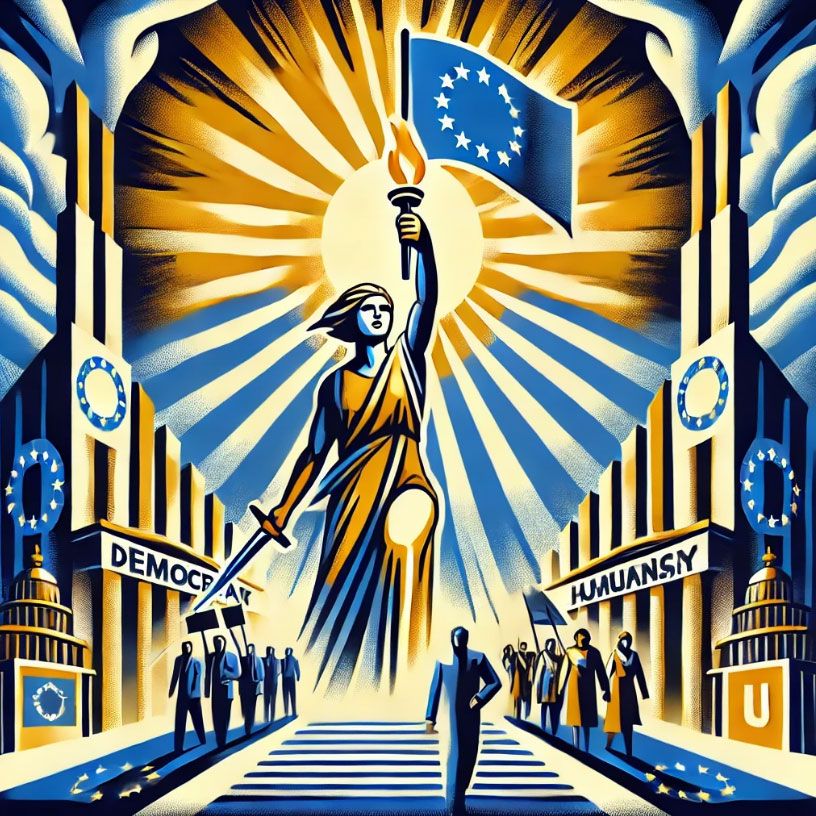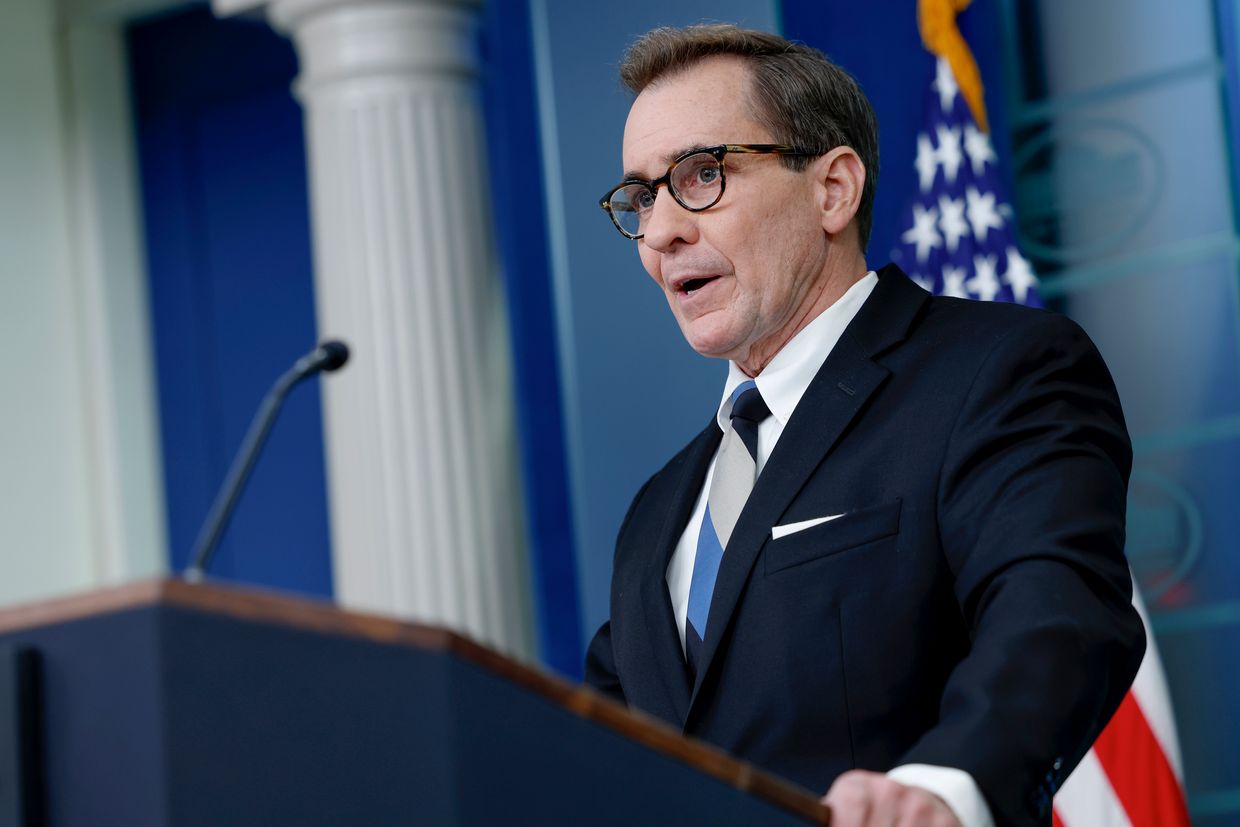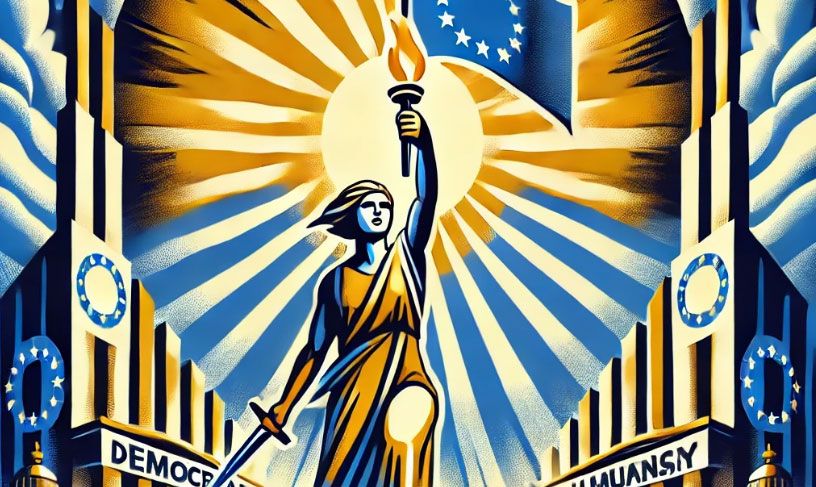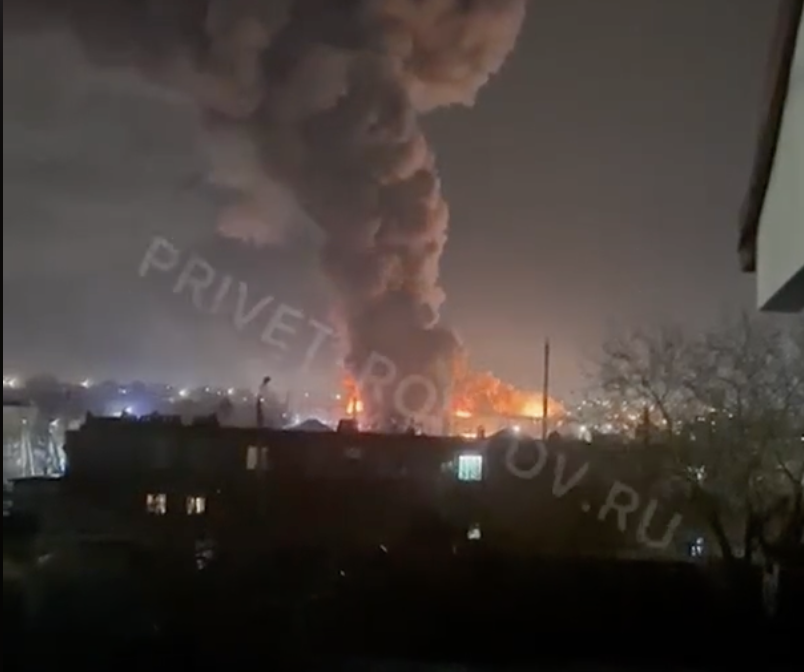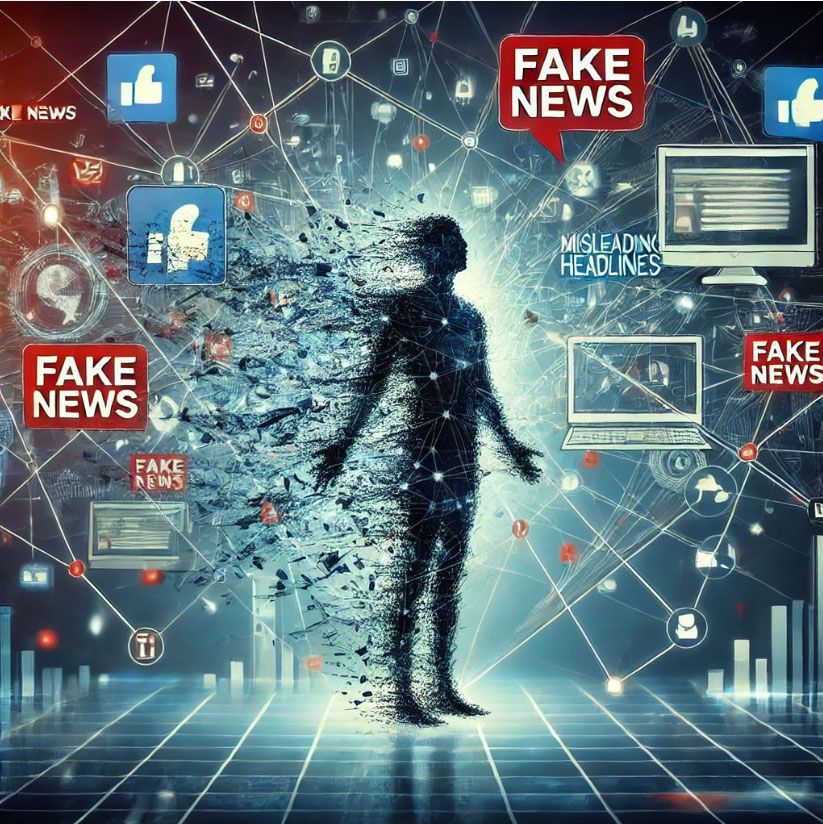Facing Inevitable Threats
Militant democracy is founded on the understanding that democratic systems are inherently vulnerable to internal and external threats.
This concept, introduced by political theorist Karl Loewenstein, advocates for legal and institutional measures to prevent anti-democratic forces from exploiting democratic freedoms. From banning extremist parties to regulating harmful speech, militant democracy emphasizes the need for vigilance and proactive defense.
Similarly, tragic optimism, a concept developed by Viktor Frankl, acknowledges that suffering, loss, and adversity are inescapable parts of the human condition.
However, rather than succumbing to despair, tragic optimism encourages individuals and societies to find meaning and purpose in hardship. It promotes resilience and growth through adversity, turning suffering into an opportunity for transformation.
Both militant democracy and tragic optimism reject passivity in the face of inevitable challenges. They insist on facing adversity directly—whether that means defending institutions or finding personal and collective meaning in struggle.
Proactive Defense, Purposeful Action
Militant democracy operates on the premise that democratic values must be actively protected, sometimes through restrictive measures.
This approach may involve limiting freedoms for groups that seek to dismantle democracy itself. While this can appear paradoxical, it is rooted in the belief that inaction allows democratic erosion.
Tragic optimism complements this by infusing such protective actions with deeper purpose. It encourages societies to view defensive measures not as reactions driven by fear but as purposeful actions grounded in a commitment to long-term democratic flourishing.
Together, these concepts promote the idea that defending democracy should be both strategic and value-driven.
Moral Responsibility
A key tenet of both militant democracy and tragic optimism is the emphasis on responsibility.
Militant democracy calls on citizens and leaders alike to recognize their role in protecting democratic systems. This duty involves more than voting or civic participation; it requires vigilance against threats and a willingness to act in defense of core values.
Tragic optimism reinforces this responsibility by asserting that meaning is found through purposeful action, especially during times of crisis. Defending democracy is not merely a strategic necessity but a moral imperative—a path toward individual and collective growth.
Balancing Vigilance with Hope
One criticism of militant democracy is its potential to drift into authoritarianism if its defensive measures become overly repressive. Without careful checks, militant policies may undermine the very freedoms they seek to protect.
Tragic optimism offers a counterbalance by grounding militant action in hope and resilience. It insists that even in defending against existential threats, democratic societies must remain compassionate, just, and humane.
This balance ensures that protective measures are implemented not with cynicism or cruelty, but with a focus on preserving human dignity.
Resilience in Crisis
Democracies inevitably face crises—whether from political polarization, economic turmoil, or external aggression.
In such moments, institutions can weaken, and public trust can erode. Militant democracy provides the tools for immediate defense, but tragic optimism fuels the resilience needed to recover and rebuild.
By embracing tragic optimism, societies can transform crises into opportunities for renewal. This perspective empowers citizens to endure hardships and emerge stronger, fostering long-term democratic resilience.
Ethical Defense
Defending democracy often involves difficult choices that may seem at odds with liberal values, such as restricting certain freedoms to prevent democratic backsliding. These decisions require careful ethical reflection.
Tragic optimism informs this reflection by emphasizing that painful actions must serve a greater good. Defensive measures must be guided by a clear, meaningful purpose—to protect and strengthen democracy, not to accumulate power.
This ethical framework prevents militant democracy from becoming an excuse for authoritarian overreach.
The Vision: Resilient Democratic Humanism
The integration of militant democracy and tragic optimism leads to a powerful and balanced worldview: Resilient Democratic Humanism.
This philosophy recognizes that democracy is fragile and must be actively defended. At the same time, it understands that adversity can be a catalyst for growth, resilience, and renewal.
Resilient Democratic Humanism calls for strength without cruelty, vigilance without paranoia, and action without losing sight of humanity.
It is a vision where defending democracy is both a strategic necessity and a deeply meaningful endeavor—anchored in hope, responsibility, and ethical purpose.
In today’s world of rising authoritarian threats and social division, this unified perspective offers a path forward.
It challenges us to protect our democratic values not with fear, but with courage, resilience, and an unwavering commitment to human dignity.
Because when you know - you know.


